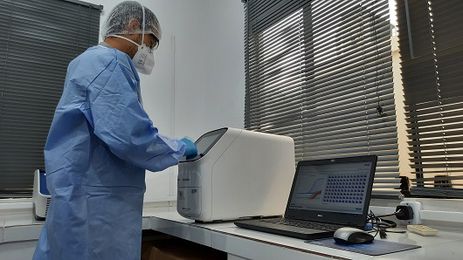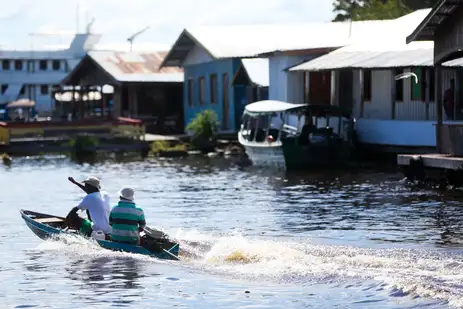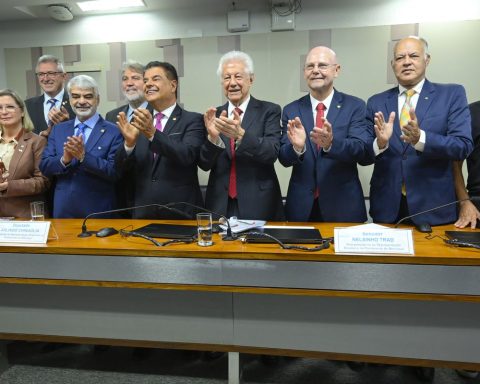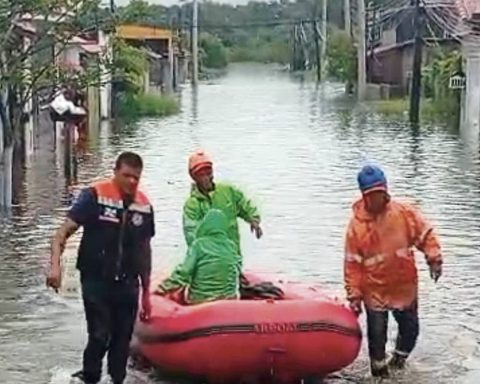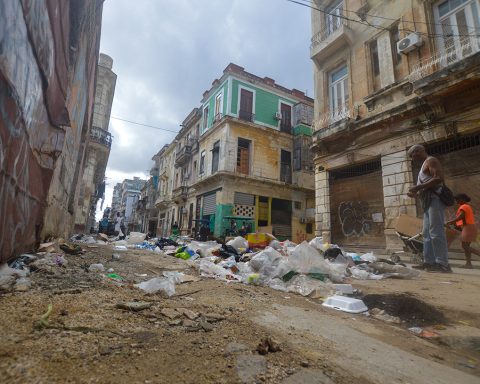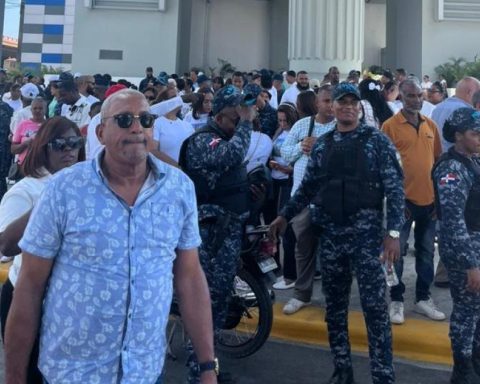Cases of Delta hepatitis among riverside dwellers in the Amazon are worrying health authorities and researchers at the Oswaldo Cruz Foundation (Fiocruz). The disease, which can be silent, is the most aggressive type of viral hepatitis and can cause cirrhosis, cancer and even death. Despite the high incidence, few patients are undergoing treatment, according to Fiocruz.
Since June of this year, a team of researchers from the Molecular Virology Laboratory of Fiocruz Rondônia and health professionals from Lábrea (AM) have been monitoring riverside communities in the southern region of Amazonas. According to the Rapid Testing and Counseling Center (CTA) of the Municipal Health Department of Lábrea (AM), there are approximately 1,400 reported cases of the disease in the city and only 140 patients being monitored.
In Lábrea, according to Fiocruz, the team of researchers and health professionals visited the riverside communities of Várzea Grande and Acimã, on the Purus River. Over the course of two days, rapid tests and laboratory exams were performed, but the team’s main focus was the diagnosis and tracking of viral hepatitis, especially Delta hepatitis. Of the 113 residents treated in the two communities, 16 were diagnosed with hepatitis.
The samples are taken to Fiocruz Rondônia where they are processed and evaluated and individuals with a positive diagnosis are assisted by the Lábrea health team and the Viral Hepatitis Outpatient Clinic, which assists in the clinical management of patients.
According to the latest Epidemiological Bulletin on Viral Hepatitis, from 2023, released by the Secretariat of Health and Environmental Surveillance of the Ministry of Health, between 2000 and 2022, 4,393 cases of Delta hepatitis were diagnosed in Brazil. The highest incidence occurred in the North Region, with 73.1% of cases, followed by the Southeast (11.1%), South (6.6%), Northeast (5.9%) and Central-West (3.3%) regions. In 2022, there were 108 new diagnoses, with 56 (51.9%) cases confirmed in the North Region and 23 (21.3%) in the Southeast.
Hepatitis Delta
Delta hepatitis may not present any initial symptoms. It is associated with a higher incidence of cirrhosis, even within two years of infection, and can lead to other complications such as cancer and even death.
When symptoms do occur, the most common are: fatigue, dizziness, nausea, vomiting, fever, abdominal pain, yellow skin and eyes, dark urine and light-colored stools. According to the Ministry of Health, the main form of prevention is the hepatitis B vaccine.
The disease, according to the Ministry of Health, can be transmitted through unprotected sexual relations with an infected person; from an infected mother to her child during pregnancy and childbirth; by sharing drug use materials, such as syringes, needles, and pipes; sharing personal hygiene materials, such as razors and shaving blades, toothbrushes, nail clippers, or other objects that pierce or cut; through tattooing and piercing, dental or surgical procedures that do not meet biosafety standards, among other forms of contagion.
Therefore, it is important, for example, to protect yourself, to use condoms during sexual relations and not to share personal objects that may come into contact with cuts, such as razors, piercing and tattoo equipment, among others.
Regarding treatment, there are no medications that provide a cure. What is done is to control the damage caused by the disease to the liver, so that it does not progress. Therapies are provided by the Unified Health System (SUS). In addition to treatment with medications, it is recommended that people do not consume alcoholic beverages.
Tests
According to the Molecular Virology Laboratory, one of the challenges is testing for the disease so that it can be detected in time for effective treatment. This is because the public health system only offers viral load testing for hepatitis B, and the serological tests available through the SUS only show whether the individual has had contact with the virus, without providing information on the current viral load or whether the virus is replicating in the body. According to the Laboratory, this is extremely important for defining the appropriate clinical conduct for the patient.
Fiocruz Rondônia then began to perform viral load tests on patients using the molecular method for quantifying the HDV virus – the virus that causes hepatitis Delta – developed by the Molecular Virology Laboratory itself and currently used in the diagnosis and monitoring of patients in the states of Rondônia and Acre. The technology is not yet offered by the SUS.


